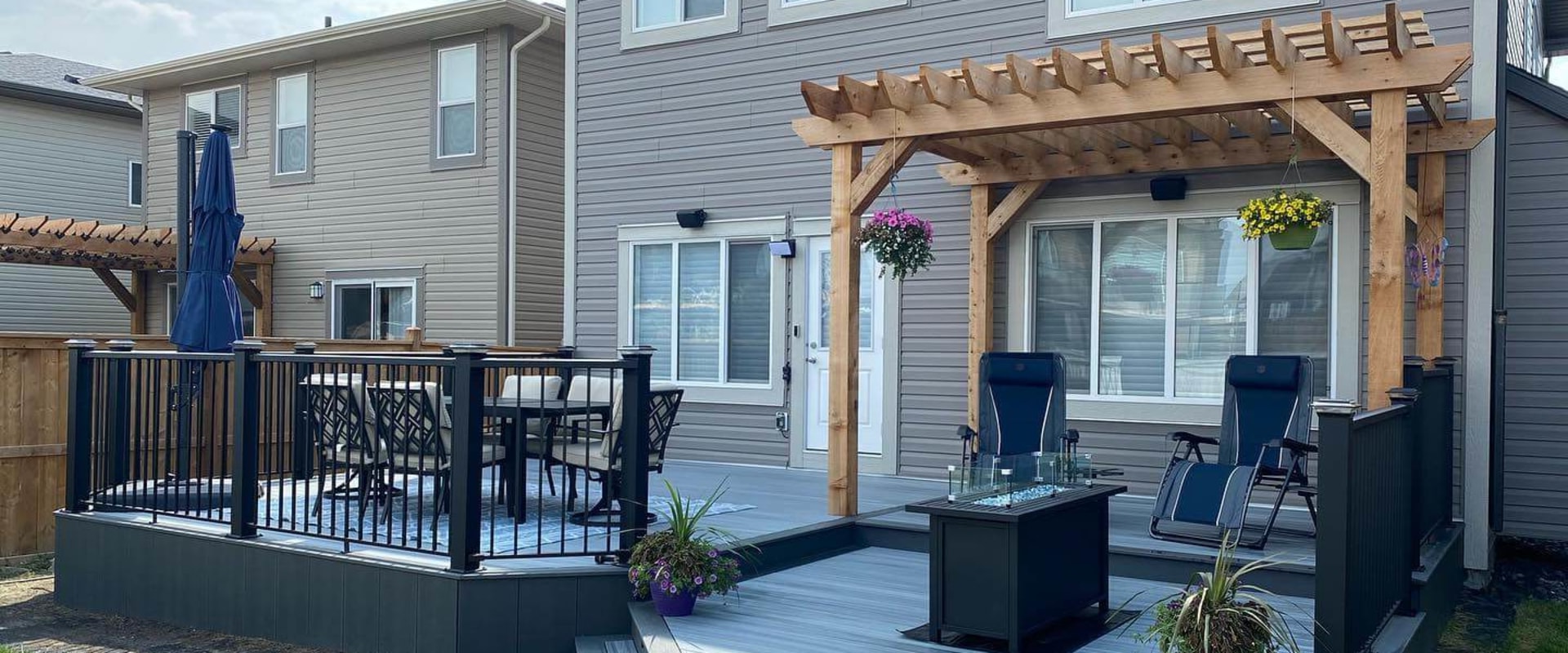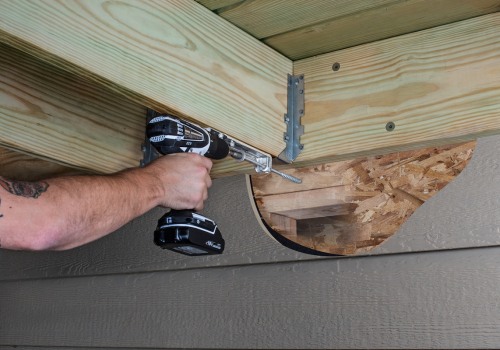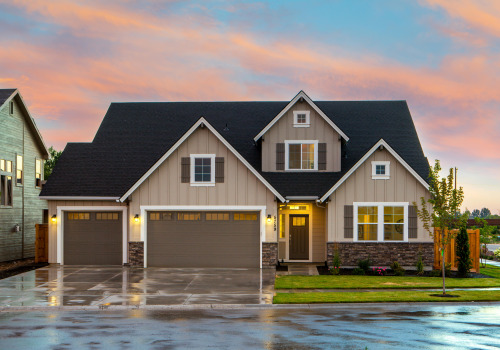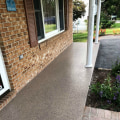When it comes to choosing the best deck material for long-lasting performance, several options stand out, each with its unique benefits. Composite materials are highly regarded for their durability, minimal maintenance requirements, and resistance to rot and insects. They are a blend of wood fibers and recycled plastics, offering the look of wood without the high upkeep. Alternatively, tropical hardwoods like teak or ipe are prized for their natural resilience and longevity, although they come with a higher price tag. For a more modern and durable option, concrete decks are gaining popularity. Working with a company like Seattle Concrete Co. ensures a high-quality concrete deck that combines longevity with aesthetic appeal. While traditional wood decks are time-tested, exploring these alternative materials, especially with expert installation can provide a deck with superior durability and ease of maintenance.
Over the life of your deck, composite decks or PVC decks will be the best deck materials for a durable platform that doesn't require much regular maintenance. Aluminum covers are the most expensive platform material and will last longer, with a lifespan of more than 30 years. Steel roofs can have a lifespan of more than 60 years when properly installed by a professional builder. Steel must be cared for with a basic maintenance cycle of routine desalination and retouched with a periodic protective layer. Often used near pools and lakes, aluminum covers are a durable and low-maintenance material.
Most options have a baked, powder-coated, or anodized finish that withstands adverse weather conditions. Aluminum is extremely resistant to rust and stains, and it also doesn't rust, rot, crack, or peel off over time. In addition, most aluminum covers come with a textured, non-slip surface that prevents slips and falls. Surprisingly, most varieties of aluminum covers manage to stay cool even on the hottest days. However, this combination of benefits makes it one of the most expensive options, second only to some varieties of natural wood.
The price and the distinctive industrial look are not for all homeowners. Aluminium decks are a popular alternative to traditional wood decks. Aluminium covers have few maintenance requirements and can last for years without being replaced, as they don't break down or crack over time. If you're looking for a platform you can commit to for the long term, choose TimberTech for optimal composite roofing life. Our advanced material science gives our terrace exceptional longevity with minimal maintenance. Pressure-treated softwood is an excellent material for framing decks.
It's also the lowest-cost choice of decking material. Pressure treated southern yellow pine decking has some strengths and weaknesses. PVC and plastic roofing materials were developed to eliminate the fault problems that are often found with older composite roofing materials. You want to get the most out of your investment in decking, and extending the average lifespan of a wooden deck is an ideal way to do that. However, if you select quality cedar and do an annual refinishing, you can expect your cedar deck to outperform standard pressure-treated wood decking. Capped composite covers attempt to cover the composite filling to minimize the possibility of decay, decay, and roof failure.
Decking materials fall into two basic categories, synthetic decking and real wood decking materials. Start your construction process by considering these five most popular picks for the best decking material. We have the advantages and disadvantages of each. Choosing a decking material is arguably the most important decision you'll make when building a terrace. Historically, traditional wood has been the most common roofing material, but innovatively engineered decks are becoming more popular thanks to their superior material composition and minimal maintenance needs. Your budget for a new outdoor area will ultimately guide your choice of deck materials, the size, and functionality of your deck.
Often made from southern pine infused with a chemical to make it resistant to rot, moisture and insects, this widely available roofing material is generally the least expensive option, certainly among the materials for wood decking, and therefore the most commonly used. Here are some of the most popular decking material options to choose from when building your deck and the factors that can help narrow down your decision. To better understand the different answers to the question “how long does a terrace last”, it is important to understand the material options for roofing. Covered roof construction materials are also less likely to discolor or stain than roofless roofs, making them the best roofing option based on their durability.







